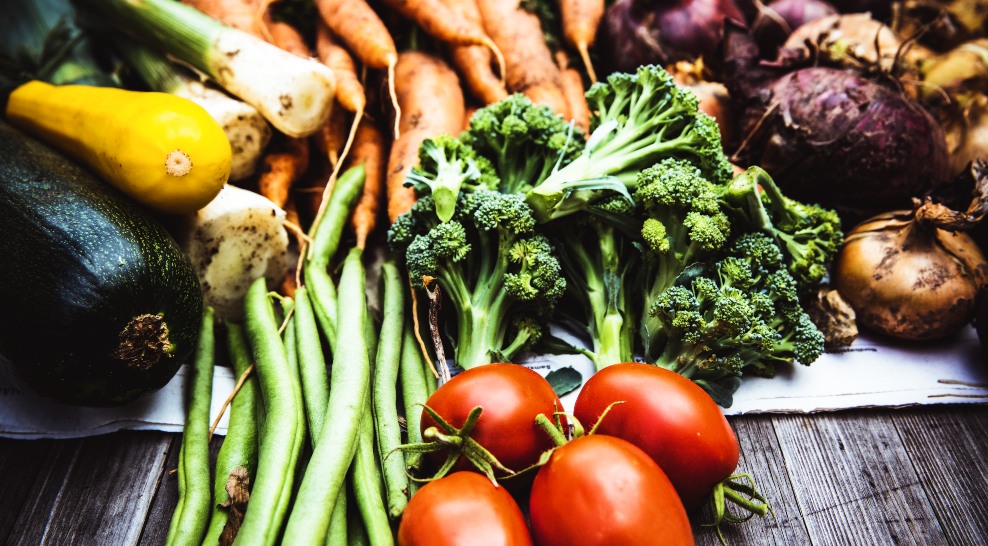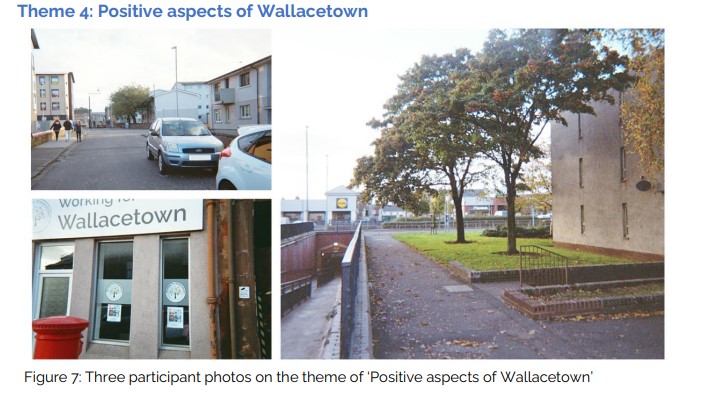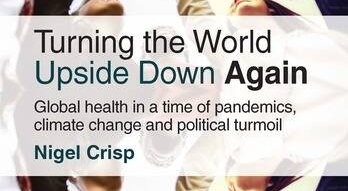The Covid crisis has highlighted the issue of food insecurity in the UK. Given the opportunity, communities have risen to nourishing themselves in extraordinary circumstances. Now a new report from a group of Peers says the way Britain produces, manufactures, sells and consumes food is a barrier to healthy eating, hitting the poorest hardest, and we’d add, exacerbating health inequality.
We’ve heard that issues range beyond just production, manufacturing and selling.
Expense
In Stoke on Trent, Vicki Gwynne, Operations Manager at Middleport Matters hub told us during the Covid lockdown: “Transport isn’t great in Middleport. Although there are a couple of convenience stores, they are expensive and don’t have everything in. We’ve been working to get quality, nutritious food – fresh fruit and veg – in for the community.”
Availability
When Karen Coombes of Barne Barton in Plymouth spoke about her community at the Destress conference 2019, she said: “We only have one bus that services our estate. We have no doctors surgery, chemist or dentist on the estate. the nearest GP surgery is either a 30-minute walk or two bus journeys to reach which is awkward for a large amount of residents especially mums with young children, the elderly and people with long term health conditions.
“The local shopping area in St Budeaux, which is only one street, has over a dozen takeaway outlets which contribute to the obesity problem which has been well documented in the press and television over the past few years. It is cheaper and easier to buy take away than source and cook a healthy meal in a lot of cases.”
A life of ill health
According to the House of Lords Food, Poverty, Health and Environment Committee, current Government policies, or lack of them, condemn many children to a life of ill health, cost the NHS billions, and damage the environment
In a wide-ranging report, Hungry for change: fixing the failures in food, published on July 6, the committee says that the Government’s recommended healthy diet is too expensive for many families – let alone families’ ability to get to places they can shop for the healthier food options.
At risk from a system
Without enough time, knowledge and money to shop for healthier food, certain sections of people are most at risk from a system which actively encourages highly processed, less healthy food by making it cheaper, more heavily promoted and easier to buy, says the report.
People in Britain consume more highly processed food than those in any other European country, and Britain has one of the highest obesity rates in Europe.
Adults and children living in the most challenged areas are about twice as likely to be obese than those living in the least challenged areas, contributing to a difference in healthy life expectancy of about 20 years between the richest and poorest people in the country.
Wake-up call
COVID-19 has made an already dreadful situation worse and should be a “wake-up call” for urgent action, according to the committee. Before the coronavirus pandemic too many people did not have enough money to feed themselves or their families properly, relying on food banks to survive. In the past few months the use of food banks has shot up by a reported 81 per cent.
The Dartmouth and Townstal hub is just one example throughout the country where communities have organised to provide meals.
Lord Krebs, chair of the committee, said: “Problems of diet and ill-health have been staring us in the face for decades, but successive Governments have done precious little about it. Many of Britain’s poorest families have little or no choice. They either go without food or buy unhealthy food because that’s what they can afford and get hold of.
“The Government knows about the problem. It’s time to stop the dither and delay, endless talking and consultation, and get on with it.”
Dietary inequalities
Anna Taylor, executive director of the Food Foundation, said: “This landmark report clearly explains the raft of actions needed to tackle our nation’s dietary inequalities which have been highlighted so starkly by the Covid pandemic.
“This report shows that millions of families can’t eat well unless they have sufficient income and an environment which makes the healthy choice the easiest. People can no longer wait for lengthy government consultations which languish in Whitehall.
“Every day that passes where the odds are stacked against families securing a healthy diet is a missed opportunity to secure a healthy future for our children.”
Food insecurity
This country has one of the highest rates of food insecurity in the European Union, accounting for 20 per cent of all severely food insecure people in Europe.
Agriculture is “environmentally unsustainable” too, according to the committee. If Britain is to meet its net zero emissions target to combat climate change, farmers must be supported fully and rewarded for environmental outcomes.
Lee Morgan from C2 said: “Having access to healthy food choices is just part of being able to overcome health inequalities. The recognition of these barriers to production, manufacturing and availability is welcome, but just part of a process to help create healthy, resilient communities.”
Read the full report on the Committee’s website.
image: Photo by Markus Spiske on Unsplash




